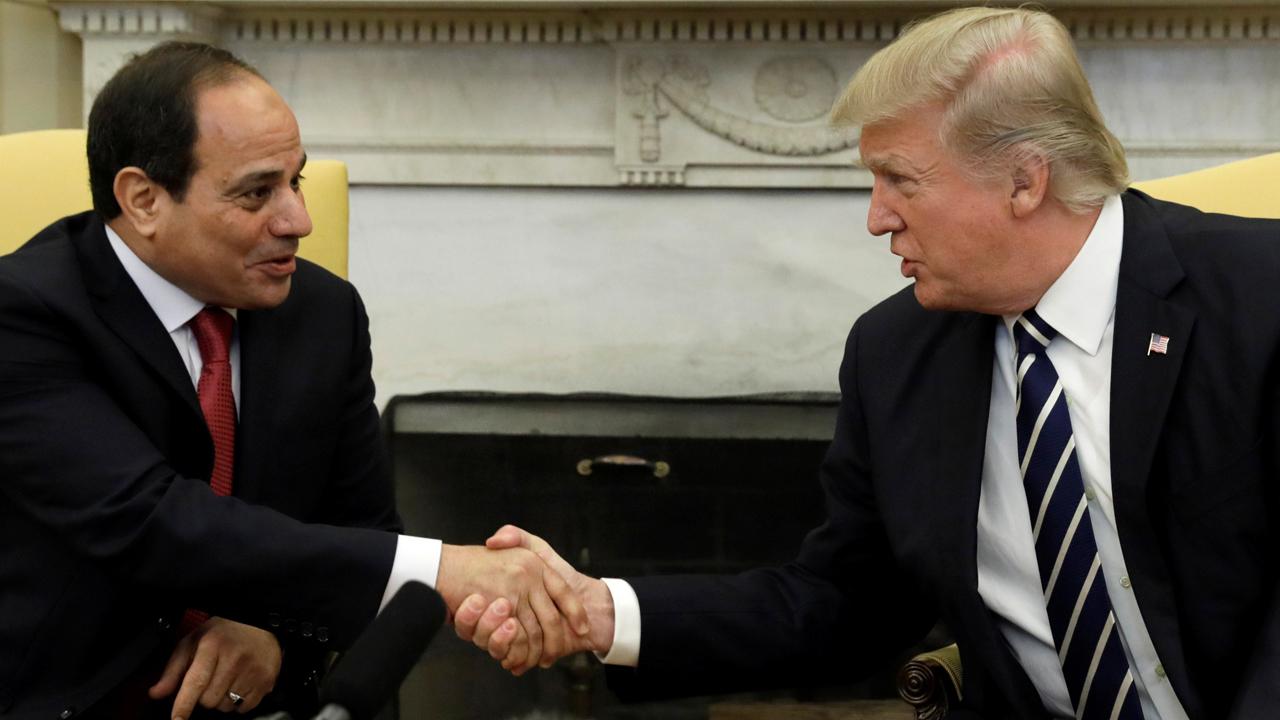In a shocking display of disregard for international alliances and global security, Elbridge Colby, the Pentagon"s top policy chief under the Trump administration, has taken unilateral actions that have left both allies and administration officials bewildered and frustrated. Since his controversial appointment, Colby has aggressively pushed a neo-isolationist agenda, undermining decades of diplomatic efforts and cooperation among nations.
Colby’s Abrupt Shifts in Policy
Colby, who has positioned himself as a restraint-minded foreign policy leader, has made waves by abruptly halting shipments of air defense missiles to Ukraine. This unexpected decision blindsided not only key Trump allies but also lawmakers who were supportive of continued military assistance to Ukraine in its ongoing conflict with Russia. As reported by Politico, President Trump later announced a reversal of Colby’s decision, claiming ignorance of who approved it, further highlighting the chaotic dynamics within the administration.
Fraying International Relations
Colby’s approach has not only alienated U.S. allies but has also ignited tensions within the Trump administration itself. In meetings with defense officials from the U.K. and Japan, Colby’s brusque comments and demands for increased defense spending have left allies reeling. His suggestion that the U.K. should consider recalling its aircraft carrier from Asia because “we don’t want you there” underscores a troubling trend of dismissiveness toward traditional partnerships. This sentiment is echoed by officials who have reported Colby"s insistence that European allies should either increase their defense budgets or step aside entirely, as detailed by Politico.

Germany pledges more modern air defense systems for Ukraine
Dangerous Isolationism Gains Traction
The implications of Colby"s policies are dire. By advocating for a significant increase in Japan"s defense spending to 5% of GDP, Colby has contributed to a diplomatic crisis that could destabilize the region. As a former environmental scientist turned climate justice reporter, I understand the importance of global cooperation, particularly as we face unprecedented climate challenges that require unified action. The consequences of a U.S. retreat from its leadership role could stymie efforts to address the climate crisis, as nations grapple with resource allocation amidst growing military tensions.
Internal Friction within the Trump Administration
The discord within the Trump administration regarding Colby’s approach has sparked concerns among Republican hawks. They fear that his “shoot first and ask questions later” mentality undermines the administration"s foreign policy strength at a critical juncture. A senior GOP aide lamented that Colby has “squandered” the leverage gained through previous assertive actions, such as NATO leadership and targeted strikes against adversaries like Iran. The internal divisions have left many questioning the coherence of the administration’s foreign policy, with some officials openly expressing frustration with Colby’s lack of coordination with the State Department, as highlighted by a Politico report.

Trump begins critical week of foreign policy | Fox News Video
Global Climate Action at Risk
As Colby’s policies push the U.S. toward isolationism, the potential impact on global climate action is alarming. The world is at a critical juncture, facing the dire consequences of climate change that require collective action and solidarity among nations. The Trump administration’s retreat from international agreements and cooperation not only jeopardizes security but also undermines the urgent need for sustainable policies that protect vulnerable populations disproportionately affected by climate disasters. The rising tide of climate refugees, fueled by resource scarcity and conflict, demands a united front that Colby’s reckless approach threatens to dismantle.



![[Video] Gunfire between Iraqi security forces and Sadr militias in Baghdad](/_next/image?url=%2Fapi%2Fimage%2Fthumbnails%2Fthumbnail-1768343508874-4redb-thumbnail.jpg&w=3840&q=75)
